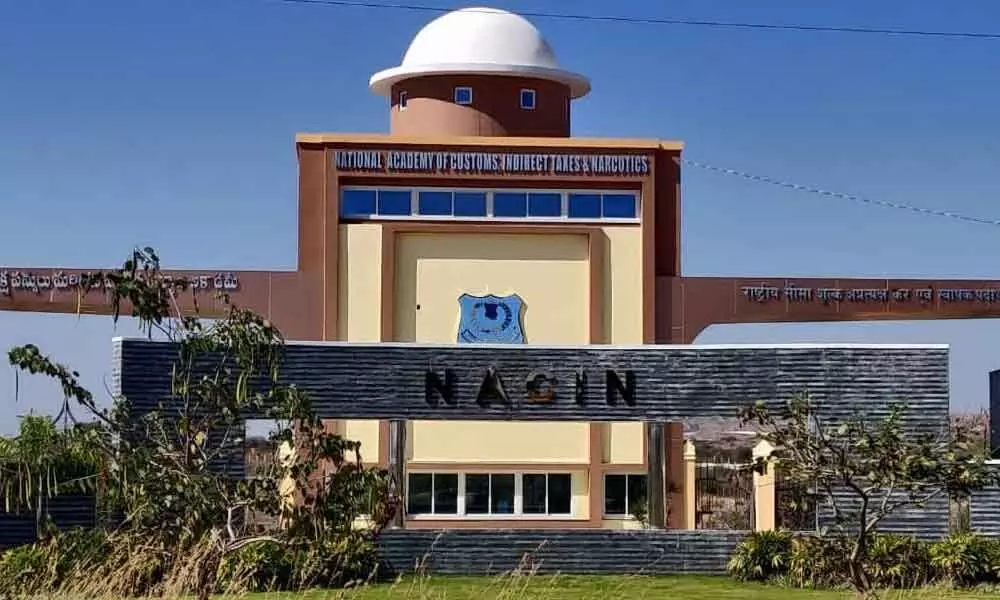Finance Minister Nirmala Sitharaman sets off work on NACIN campus at Anantapur
After a long wait since it was promised in the AP Reorganisation Act, 2014, the efforts to launch work on the ambitious 500-acre campus of National Academy of Customs Indirect Taxes & Narcotics (NACIN) has started at Palasamudram in Anantapur district of Rayalaseema region bordering Karnataka.
image for illustrative purpose

Anantapur/Visakhapatnam: After a long wait since it was promised in the AP Reorganisation Act, 2014, the efforts to launch work on the ambitious 500-acre campus of National Academy of Customs Indirect Taxes & Narcotics (NACIN) has started at Palasamudram in Anantapur district of Rayalaseema region bordering Karnataka.
For the first phase, work was taken up with an initial grant of Rs 729 crore in an area of 35 acres by Union Finance Minister NIrmala Sitharaman on Saturday. She said the campus will be developed on the lines of a centre for training of IAS officers at Mussoorie and IPS officers in Hyderabad.
NACIN will train IRS officers, officers handling anti-narcotics operations, in addition to officials from SAARC countries and group-I officers handling commercial taxes from Andhra Pradesh.
The campus at Anantapur will have training classes, hostels, centralised library, guest houses and recreation facilities. It will be built with green technologies with solar power, water recycling and garbage treatment.
NACIN will engage in knowledge sharing with other stakeholders including other Central Government Departments, various State Governments and trade & industry. The campus will also have a field training center that will house simulation facilities such as marine training center, X-ray lab, shooting simulator, wildlife laboratory, advanced narcotics lab, environment laboratory, mock court.
In addition, mock airport, container examination, rummaging provides real-time training and hands-on experience in enforcement activities.
The campus architecture is designed to be in synchronisation with existing ecology. A solar park will meet the entire energy requirement of the campus. Being located in arid areas, special focus has been given for water conservation by creating water bodies, increasing ground water levels by creating rechargeable pits.

